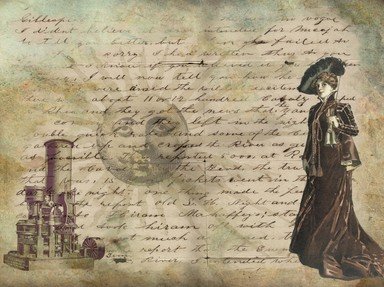Quiz Answer Key and Fun Facts
1. The number one best selling novel of 1960 was a political novel concerning the appointment of Secretary of State whose nomination becomes controversial due to some past affiliation with the Communist party and alleged sexual indiscretions. What is the name of this Allen Drury novel?
2. The names of Atticus, Scout, Jem, Dill, and Boo are familiar names from Harper Lee's 1961 novel "To Kill a Mockingbird". On whom did Lee base the character of Dill?
3. After a long and successful career, what William Faulkner novel was published in 1962 posthumously?
4. "Raise High the Roof Beam, Carpenters, and Seymour: an Introduction" rose to number three on the best seller list in 1963. This was the third and last novel by this reclusive author. What was his name?
5. In 1964 Terry Southern and Mason Hoffenberg collaborated on the novel "Candy" that rose to number two on the best seller list for the year. It was based on "Candide", a work by what French author?
6. "Herzog" appeared on both the 1964 and 1965 best seller list and won a National Book Award. Later this writer won both a Pulitzer Prize and the Nobel Prize. Who was he?
7. A 'pot boiler' is defined as a piece of literature designed to make money with little regard for literary merit and relying on sensationalism. That may be a little harsh--'page-turner' may be more apt. In 1966 the number one best seller was by Jacqueline Susann. What was the name of this book that almost defines the genre?
8. Why would a successful film-maker and stage director who had won nearly all prestigious awards in those fields turn to fiction writing? Who wrote the number one best seller of 1967 "The Arrangement"?
9. In 1968 Gore Vidal wrote a satirical campy novel that rose to number seven on the best seller list for that year. It explored and turned inside out the conventional thinking about sex, gender, transgender, and feminism. What was the name of the lead character and title of the book?
10. In 1969 a novel appeared that, if not shattered, at least put into perspective the mysteries of the Mafia. Mario Puzo treated the Mafia as a business in which members had specific tasks and roles and where competition had to be controlled even at the expense of violence. Yet, the characters were human and hardly stereotypes. What was the name of this novel?
Source: Author
Rehaberpro
This quiz was reviewed by FunTrivia editor
agony before going online.
Any errors found in FunTrivia content are routinely corrected through our feedback system.

